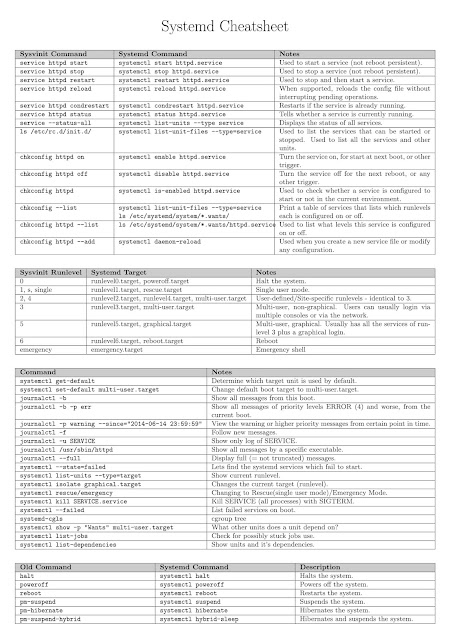Most Common Cloud Security Threats and Concerns

Most Common Cloud Security Threats and Concerns Misconfiguration: Misconfigurations of cloud security settings are a main source of cloud information breaks. Many associations' cloud security act the board procedures are insufficient for safeguarding their cloud-based framework. A few variables add to this. Cloud framework is intended to be effectively usable and to empower simple information sharing, making it challenging for associations to guarantee that information is simply available to approved parties. Likewise, associations utilizing cloud-based framework additionally don't have total perceivability and command over their foundation, implying that they need to depend upon security controls given by their cloud specialist organization (CSP) to design and get their cloud arrangements. Since numerous associations are new to getting cloud framework and frequently have multi-cloud arrangements - each with an alternate cluster of merchants given security controls - it is si


